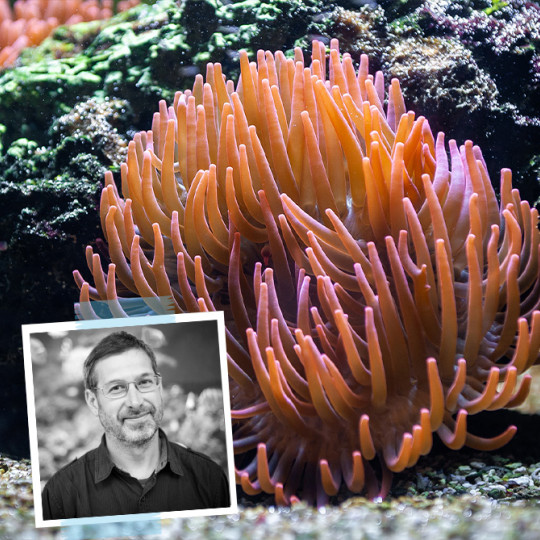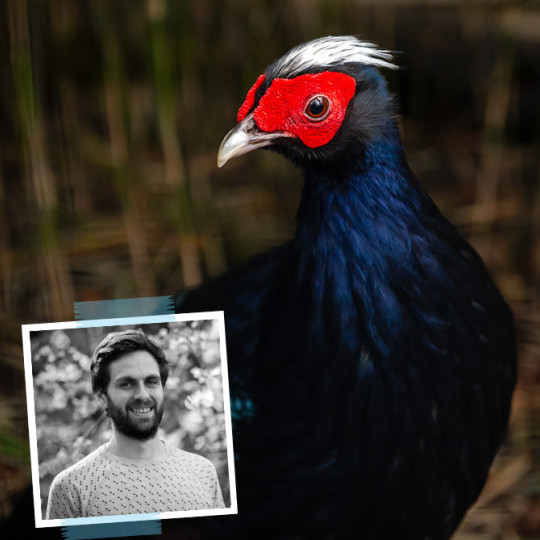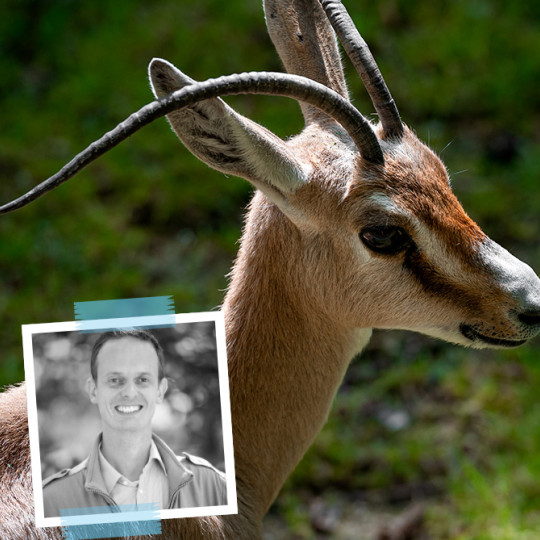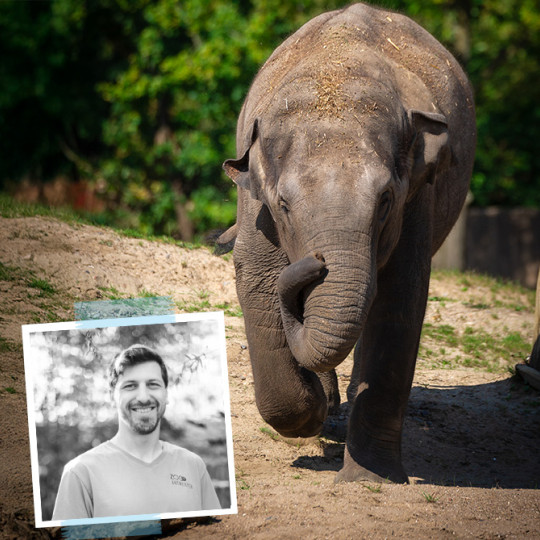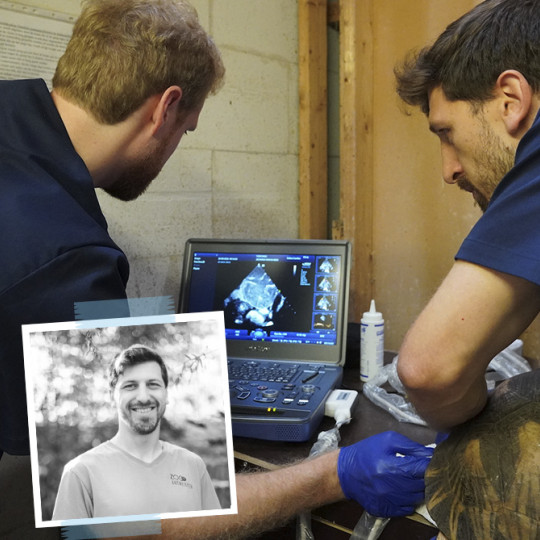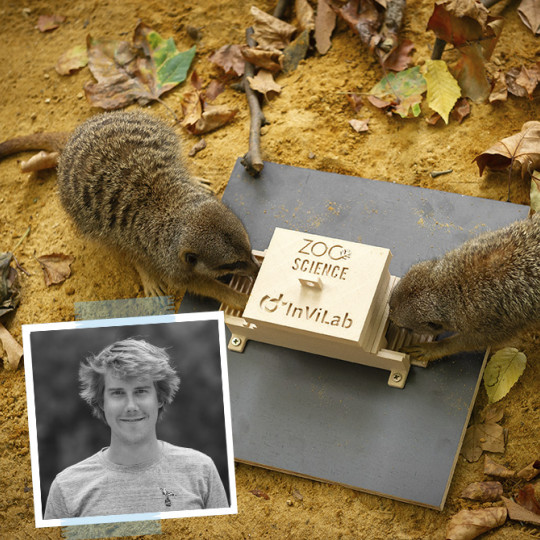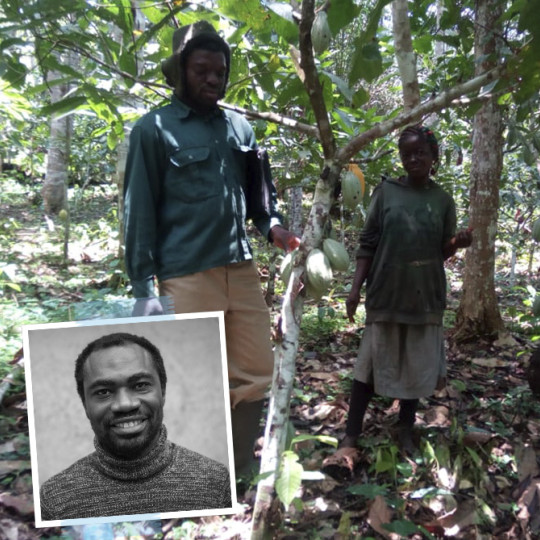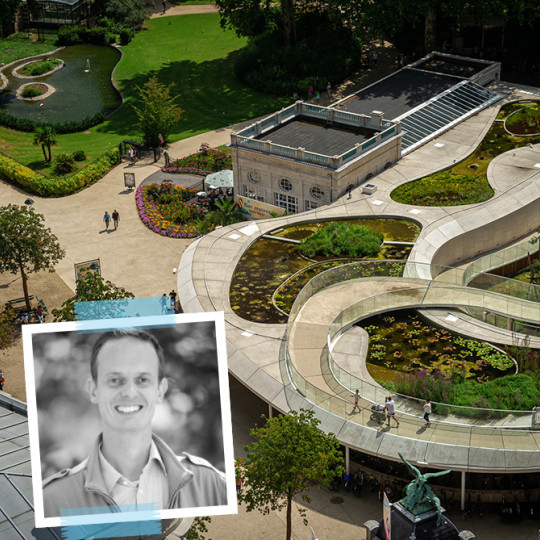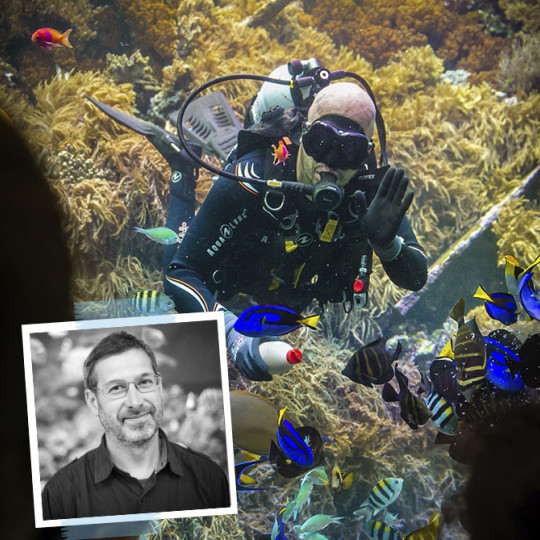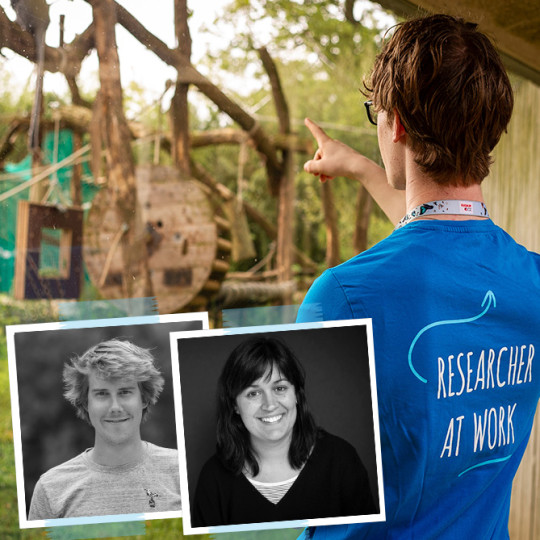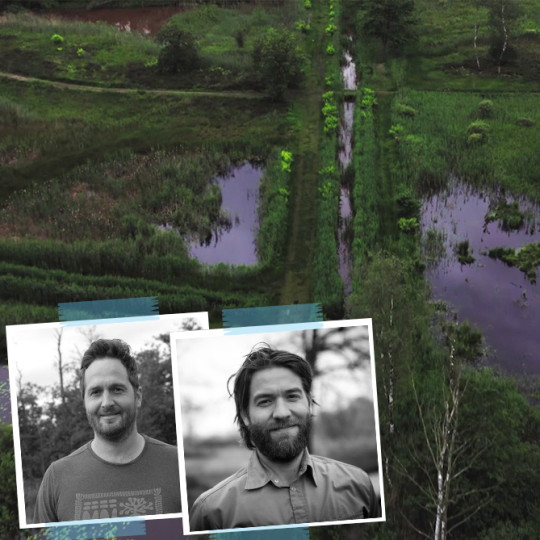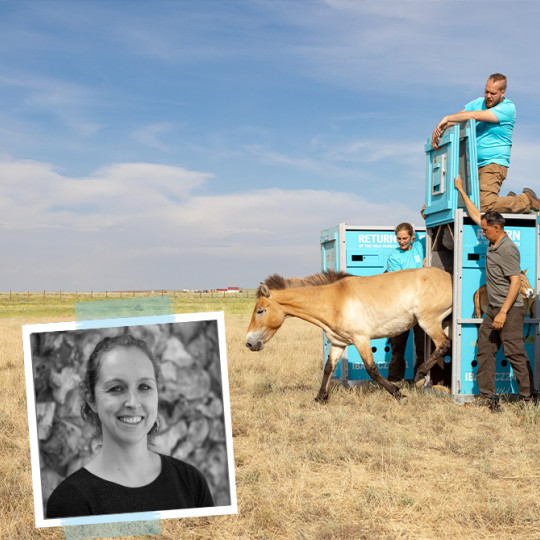
Support for mythic Przewalski’s horses endangered by floods in Kazakhstan
After decades of preparation, Przewalski horses - the last remaining wild horses on Earth - are returning to their original habitat in central Kazakhstan where they had been extinct since the 1960s. That reintroduction was jeopardised this spring by unprecedented flooding: the Uly Zhylanshik river rose five metres due to sudden thawing, linked to climate change. The reintroduction centre was badly damaged, but the animals and their keepers remained unharmed.

